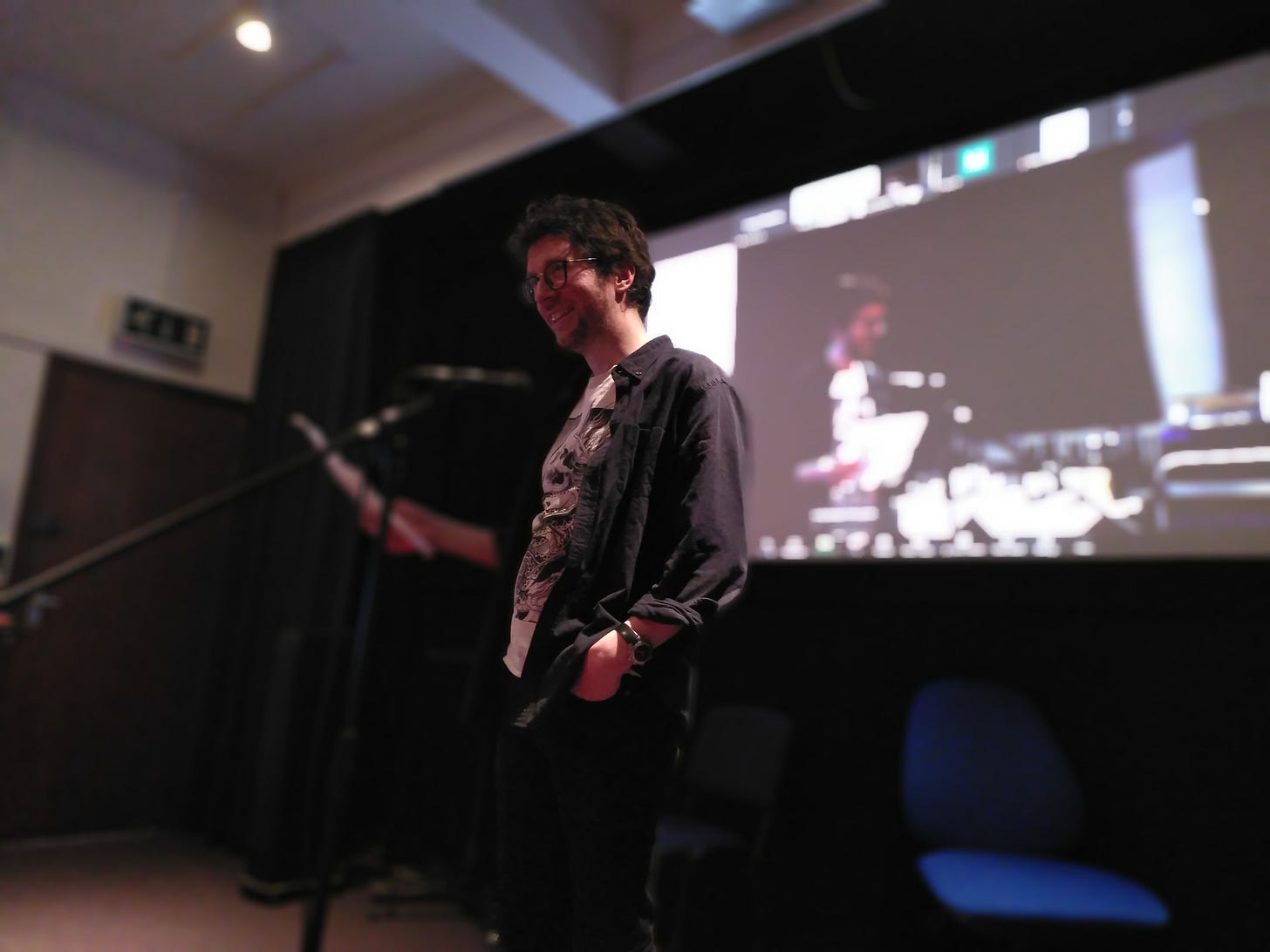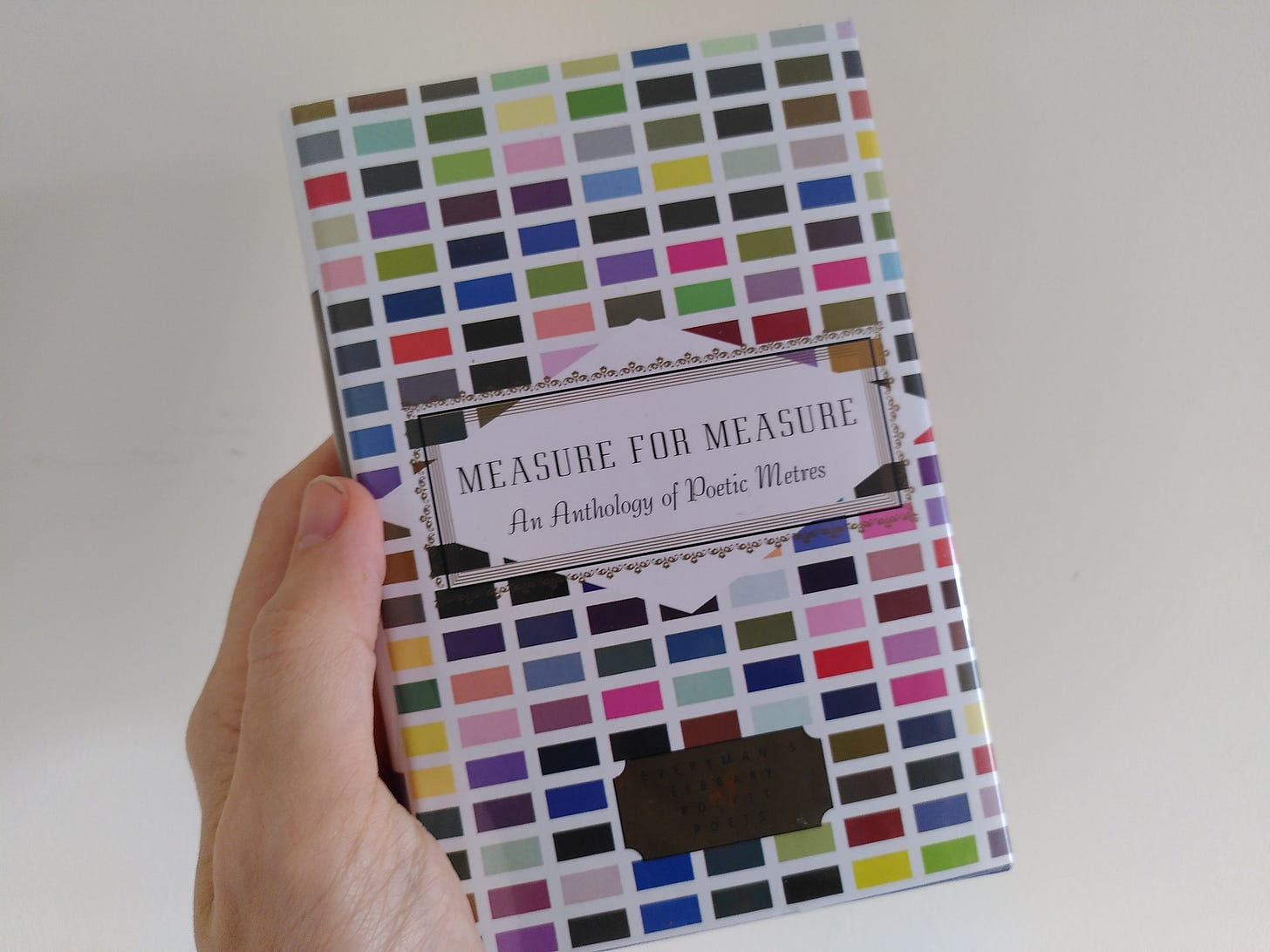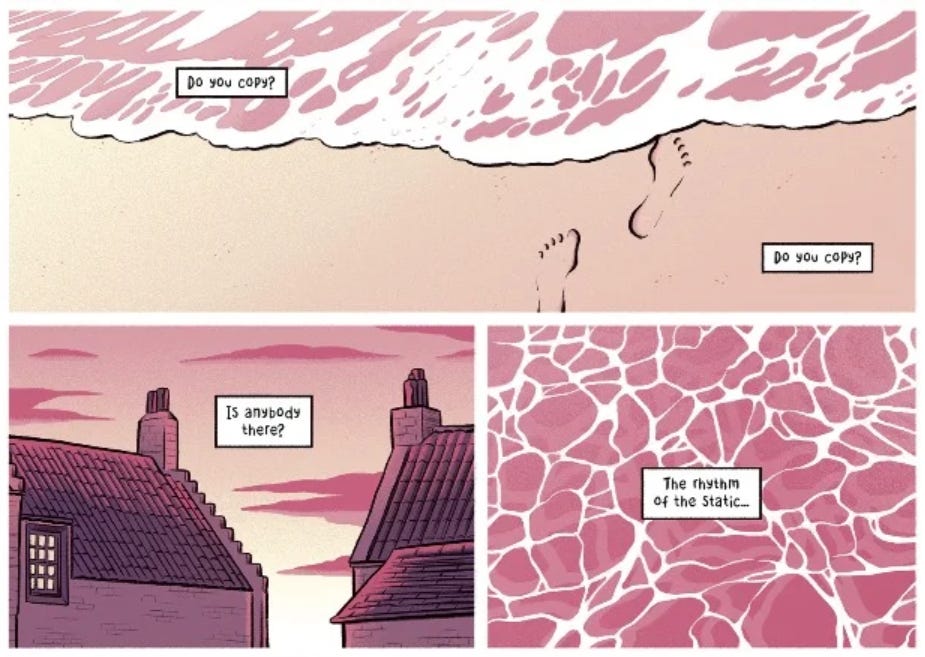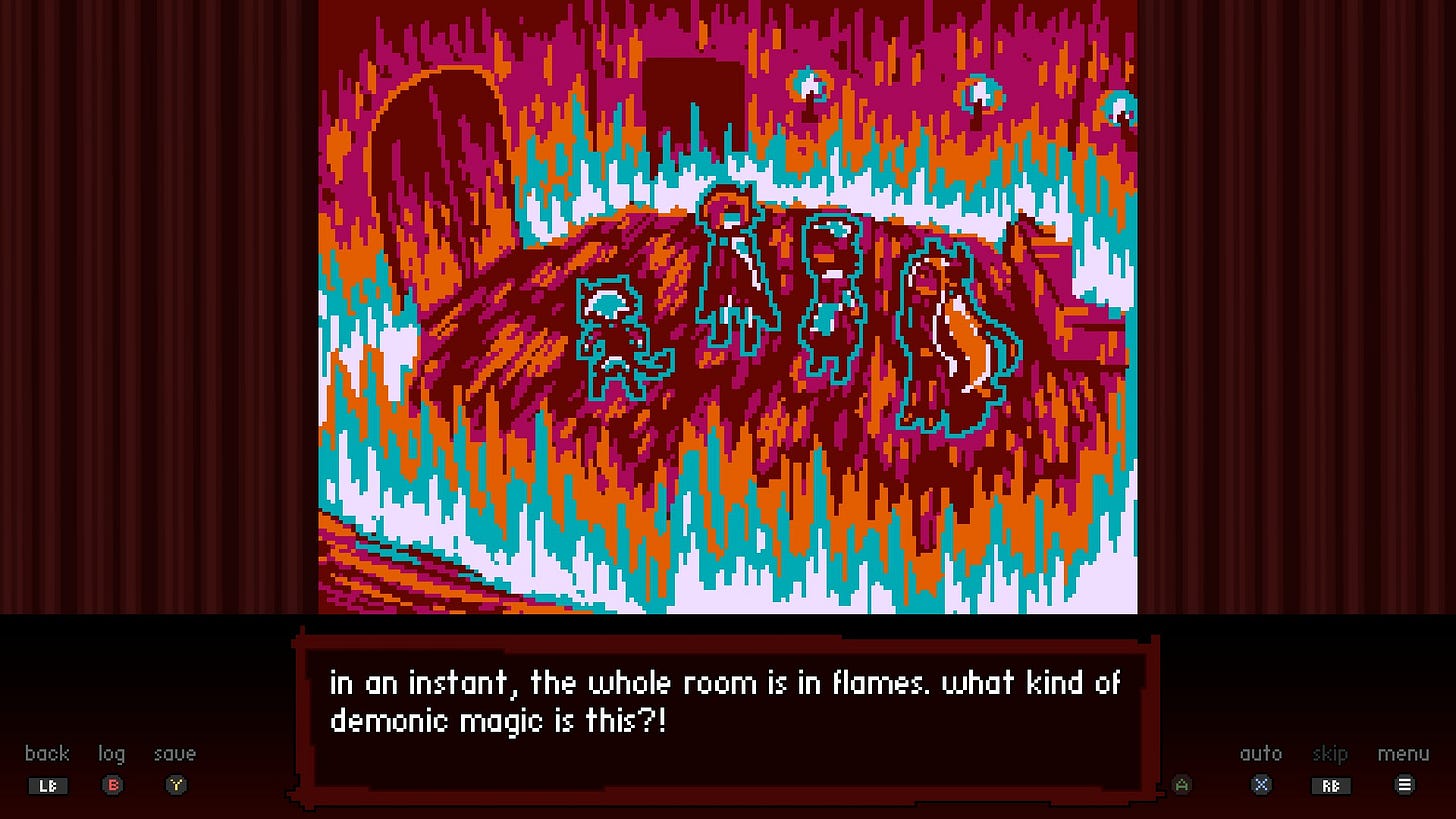"The time it takes to shush a flame"
Spellcasting -- Pond Bandits -- Static Waves -- Tragedy Averted
Part two of the mega February-to-May catchup (June up next!)
Mock Tudor Necromancy
The third Future Karaoke event took place back in March, on Friday 24th, with the theme of ‘Cambridge Book of Magic’. The Future Karaokes are multi-author readings which I’ve been running from ARU in Cambridge (except the second, which was staged at Old Divinity School at St. John’s College). There’s no headline act; instead, between 15 and 20 poets and writers each perform one new piece of work written off the back of a prompt, in the style of the Broadcast events that Roddy Lumsden used to run at the Betsey Trotwood in Farringdon.
For this one, we made use of The Cambridge Book of Magic: A Tudor Necromancer’s Manual, a sixteenth century manuscript translated from the Latin by Dr. Francis Young (under the pen name Paul Foreman). Pieces/spells performed included ‘To know about those things you desire’ by Golnoosh Nour, ‘That someone should sleep well’ by Kate Potts, ‘A general rule for the working of necromancy’ by Adam Crothers (pictured below) and ‘To have a horse’ by Tim Jarvis (which is about to be published in Tim’s new book of stories, Treatises on Dust).
Future Karaoke is on a break now until September, when it will return (fingers crossed) as part of a programme of events under the banner of Cambridge Writing Center, a new research collective I’m setting up with colleagues at ARU. The events will continue to be hybrid in nature, which means anyone can join them online through Zoom if they book a slot in advance.
Dabbling in Malevolence
It’s been a little quiet on the journal front, but in May I published three poems with Bad Lilies, each of which deals (appropriately enough) in sinister business. ‘Ambush’ is a sonnet about being set upon; it’s the first of a sequence of five sonnets revolving around the theme of traps. Then there are two castle poems; in the first, the castle itself is a kind of demented merry-go-round, inspired by the non-Euclidean (ie. impossible, infinitely looping) geometry of video games like Manifold Garden, but also by wind-up musical carousel toys. In the second, the castle is home to members of the gentry, whose lives are disrupted by an apparently useless gift.
Since I don’t have a book review as part of this update, here’s a photo of the Everyman’s Library Pocket edition of Measure For Measure: An Anthology of Poetic Meters, which is responsible for regalvanising my interest in metrical forms of late.
“If only I could hold your hand.”
I continue to try to carve out the time to engage properly with and write about other people’s poems and poetry collections, since — as covered in my last update — any literary scene without an accompanying culture of reading and discussion of reading is in danger of receding into itself. As part of this exercise, I’m hoping to look at more individual poems from individual online journals and root out links or points of commonality between them. My first such effort looks at poems by Chrissy Williams and Tom Humberstone, Phillip Crymble and Sara Hovda.
“Will you all burn together?”
I love finding short games to play — in fact, I’ve developed an aversion to anything that jubilantly promises 40+ hours of gameplay set amidst vast tracts of explorable terrain. My days of having days to spare mapping digital continents are long gone. Happily, Bad End Theatre is the shortest title I’ve come across in some time; going at a very leisurely pace, it took me all of 75 minutes to reach the conclusion, and there’s not much left to do beyond that point. It’s the perfect length for what it is: a cute interactive parable about (I think) how easily we trip one another up while doggedly pursuing our own goals, and how much more productive it is to stop and thoroughly compare notes.
I’m making it sound more moralistic than it is; the draw is that it’s an interactive visual novella or short story, but one where you have the ability to change the key decisions of every main character, which leads to you opening up different branches of story in an effort to avoid the many terrible endings. The closer you come to getting all of the cast to cooperate with one another, the more apparent it is that there’s a malevolent entity working against you, trying to ensure they destroy themselves.
The artwork is bright and cartoony, the writing light and witty, cribbing from fairy tale and pantomime. I enjoyed it well enough.




